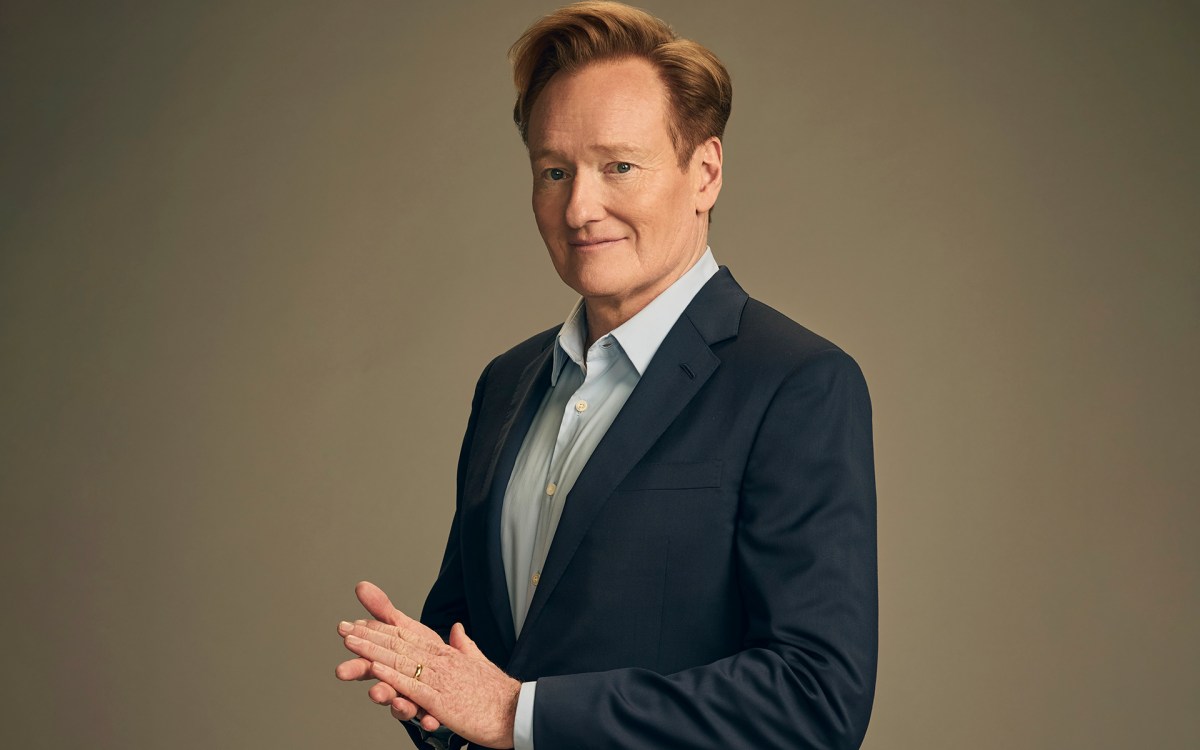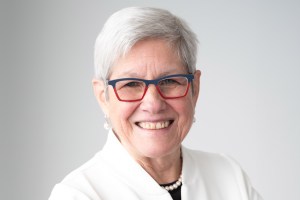Davos, more optimistic and less glamorous, struggling with 2.0 world
This year’s World Economic Forum at Davos was a more sober, but also more optimistic affair than in recent years, which found political leaders preoccupied with the usual matters such as economic growth and environmental sustainability but also struggling to adjust to a world transformed by social media and communications.
That was the consensus offered Feb. 1 by a panel of Harvard experts assembled for the annual Davos Debrief, an event organized by the Mossavar-Rahmani Center for Business and Government and hosted by Executive Dean John Haigh, co-director of the center.
“The mood of the meeting was absolutely different from last year,” Felipe Calderon, the former president of Mexico and inaugural Angelopoulos Global Public Leaders Fellow at the Kennedy School. “It was very pessimistic in 2012 and today it is more positive.”
Ricardo Hausmann, professor of the practice of economic development at Harvard Kennedy School and director of the Center for International Development, has been attending the Davos event for two decades. He commented on the increasing diversity of the conference, which has evolved from a meeting of businessmen and policy makers to one also involving academics, artists, scientists and many more.




